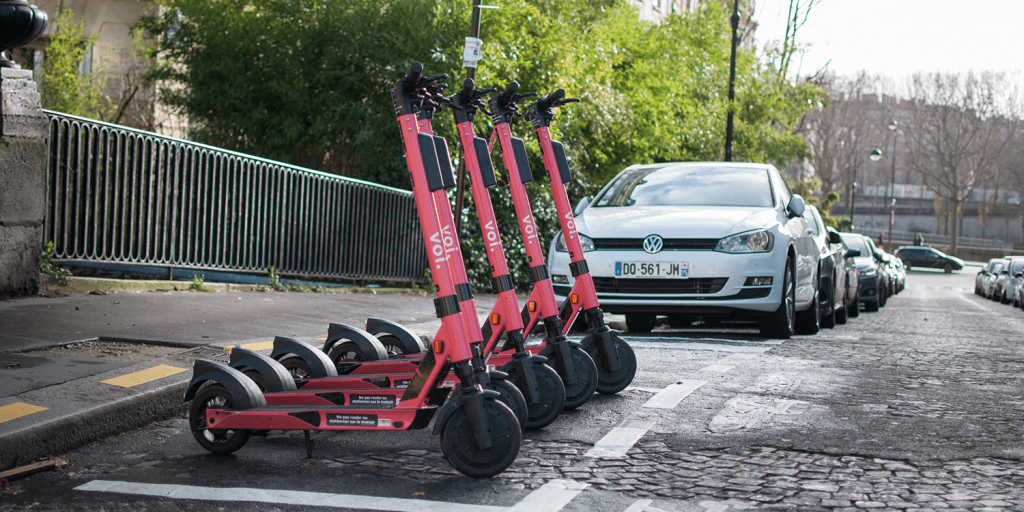By this point, most people know electric scooters are not the best mode of transportation you can use to get around a city. People also do not have the necessary experience to know how to react to certain conditions on the road. It might have a solution, thinks Voi, a Swedish startup that sells electric scooter rentals in the UK and continental Europe. The company is working with another company named Luna to add its scooters with a computer vision machine learning algorithm and high-end cameras that will help to detect pedestrians.
In practice, the companies claim that the technology can help Voi’s scooters better navigate places that are heavily packed with people. It would also help them to understand and respond accordingly to what kind of surface or lane they are driving over, whether it is a bike lane, sidewalk or driveway. Another part of the partnership will see Luna lend GPS technology to Voi to allow it to monitor the parking of its scooters in select areas down to the centimetre. They claim that this feature would help to minimize street clutter, as well as streamline operating costs.

This week in Northampton, UK, a year-long tech test will be initiated. The initial stage will see Voi workers riding scooters equipped with technology across the city to allow the AI to learn about the environment. The public will be allowed to use such scooters once the training is finished.
Voi is not the first company to turn to machine learning as a viable way to address some of the inherent problems with electric scooter issues. Lime started testing a feature at the beginning of 2020 that kept track of how often individuals ride their scooters on the sidewalk. If the accompanying AI determined someone spent more time on the sidewalk than on the road, it would send them a push message to encourage them to travel on the street more often next time.
It is impossible to determine whether software alone will make scooters safer to use. But there is definitely a need to do more about the issue. A recent UCSF report showed that in the US, electric scooter-related accidents jumped by 222% between 2014 and 2018, with nearly 39,000 people injuring themselves in one way or another.
